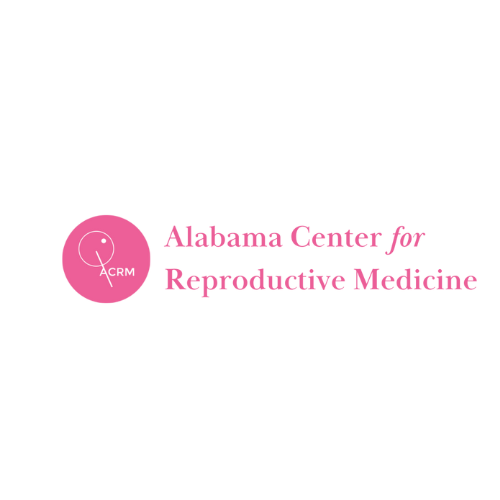Third-Party Reproduction
The phrase “third-party reproduction” refers to the use of eggs, sperm, or embryos that have been donated by a third person (donor) to enable an infertile individual or couple (intended recipient) to become parents. This can also include the use of a surrogate or gestational carrier. It may involve donor insemination or the use of assisted reproductive technologies such as in vitro fertilization and embryo transfer.
Donor Eggs
The use of donor eggs is an option for women who cannot or choose not to use their own eggs. We partner with reputable egg bank organizations that offer a wide selection of frozen donor eggs that have passed in-depth screenings. We can assist you with deciding if donor eggs are the best option for you.
Donor Embryos
Donor embryos may be used if a couple or individual is unable to conceive using their own sperm and/or eggs. They may also be chosen if one or more partner carries a genetic disorder that they do not wish to pass on. While they would not be genetically related to their child(ren), the use of donor embryos makes it possible for the intended parents to be involved in their child’s growth and development from the earliest stages.
Donor Sperm
Donor sperm is used by patients who do not have a male partner, or by couples whose male partner has a very low sperm count, blocked sperm ducts, or problems with sperm production. Sperm donors are thoroughly screened by sperm banks for communicable diseases. In addition, their sperm is quarantined for 6 months until sexually transmitted disease testing is complete.

*Individual results are not guaranteed and may vary from person to person. Images may contain models.

